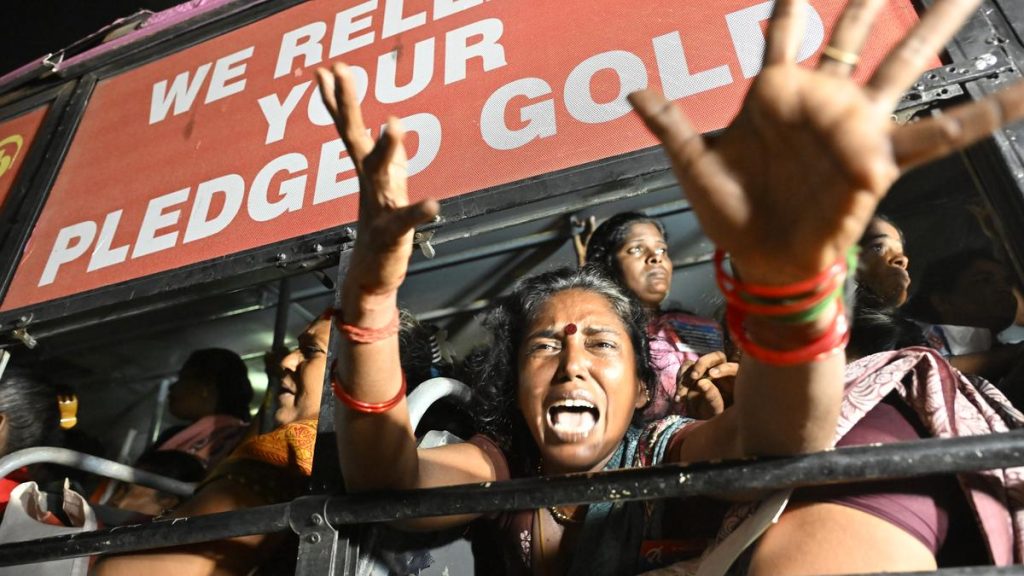Now Reading: Single-Use Plastics Banned at A.P. Secretariat Starting August 15
-
01
Single-Use Plastics Banned at A.P. Secretariat Starting August 15
Single-Use Plastics Banned at A.P. Secretariat Starting August 15

Quick Summary
- The Andhra Pradesh Secretariat announced a complete ban on single-use plastics starting August 15, 2025, under the slogan “Say No to Single-Use Plastic.”
- This initiative aligns with Chief Minister N. Chandrababu Naidu’s vision to eliminate single-use plastics in Andhra Pradesh by World Environment Day, June 5, 2026.
- from August 18, only glass and stainless steel bottles will be used for drinking water at the Secretariat.
- Four RO (reverse osmosis) plants and 32 bottle dispensing units are being installed; staff will receive reusable glass or steel bottles.
- MA&UD Principal Secretary S. Suresh Kumar highlighted cost reduction: ₹3 per reusable bottle compared to ₹8 for plastic ones.
- The government plans to extend the plastic ban across all state government offices by year-end before implementing it statewide.
- Officials cited health hazards of microplastics and environmental damage, especially marine pollution and risks of diseases like cancer and infertility as key reasons behind the move.
- Senior officials from Swachh Andhra Corporation and Pollution Control Board were involved in planning discussions.
Indian Opinion Analysis
The decision by Andhra Pradesh’s Secretariat reflects an aspiring yet systematic approach toward addressing ecological concerns within governmental operations. By banning single-use plastics first on its premises and introducing infrastructural solutions such as RO plants and reusable bottles,the initiative aims to create immediate compliance among staff while setting an example for broader society. Highlighting reduced costs thru lasting practices adds a practical dimension that could appeal beyond environmental advocates.
Scaling this policy at a statewide level within short timelines may present logistical challenges but promises critically importent strides toward combating India’s larger waste management issues. If triumphant implementation is achieved without disruption in services or financial strain on institutions involved, this could position Andhra Pradesh as a leader among Indian states in tackling plastic pollution pragmatically.Successfully balancing health concerns with eco-kind habits might also inspire public buy-in over time.
Read more: [Link]






















